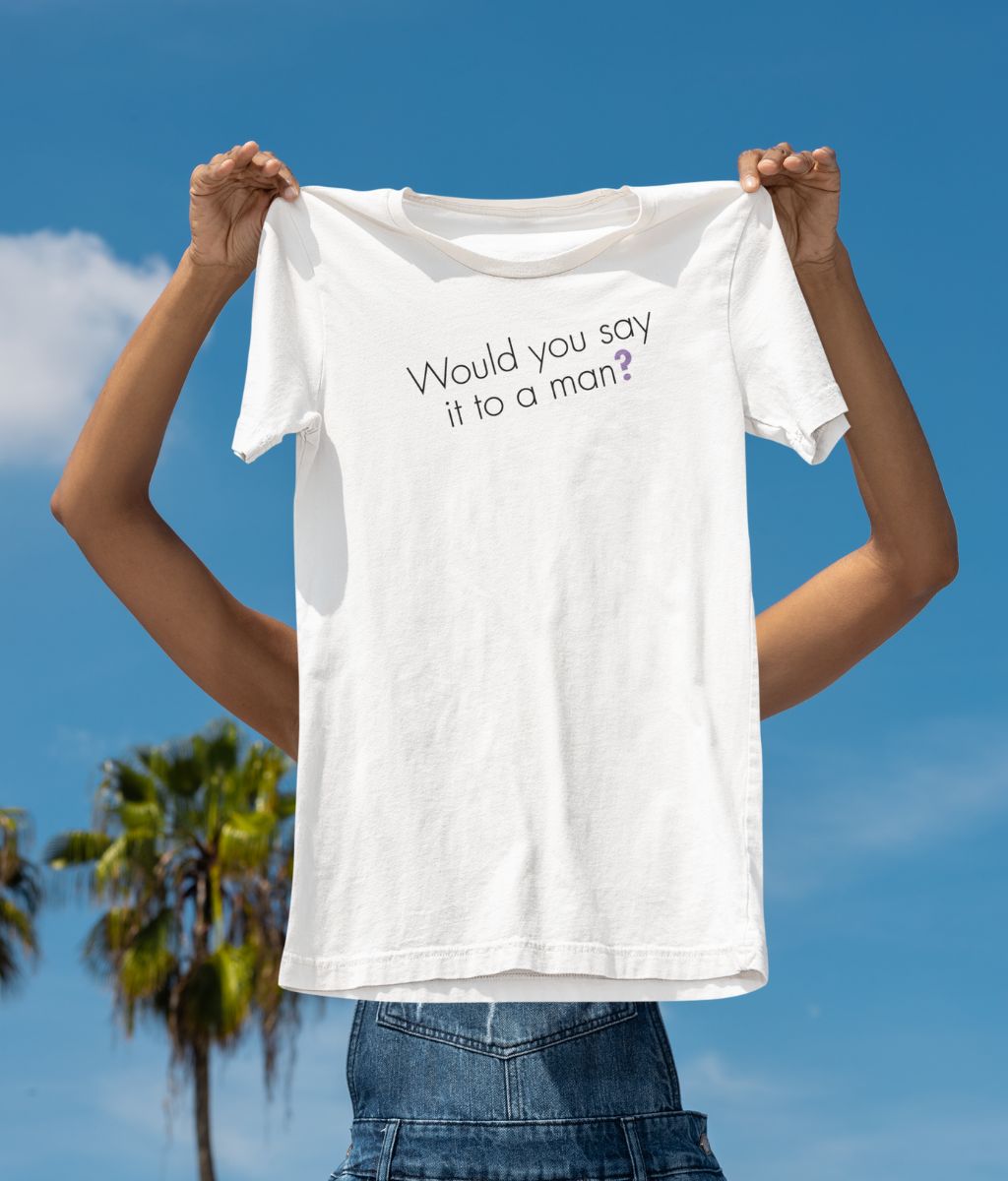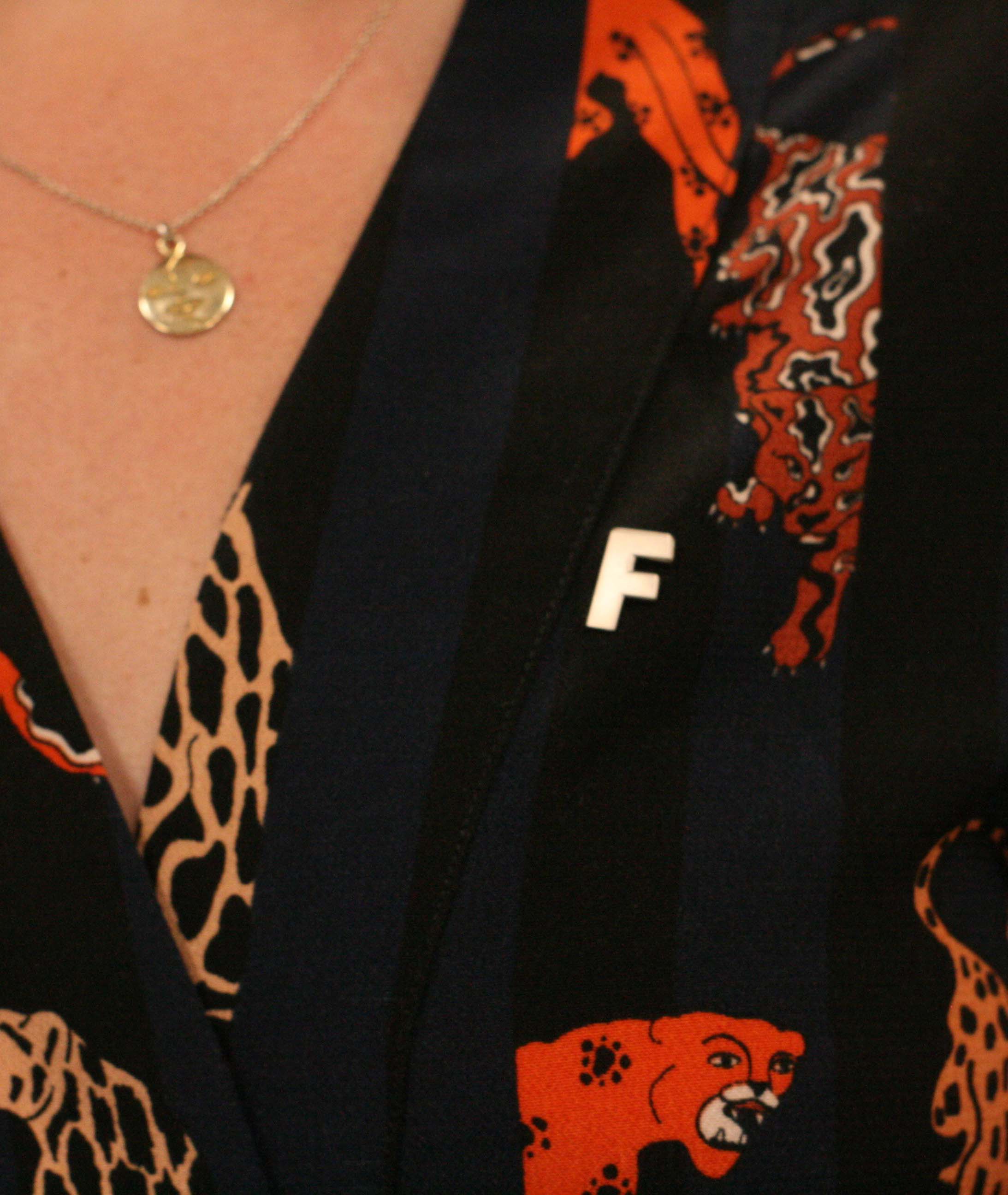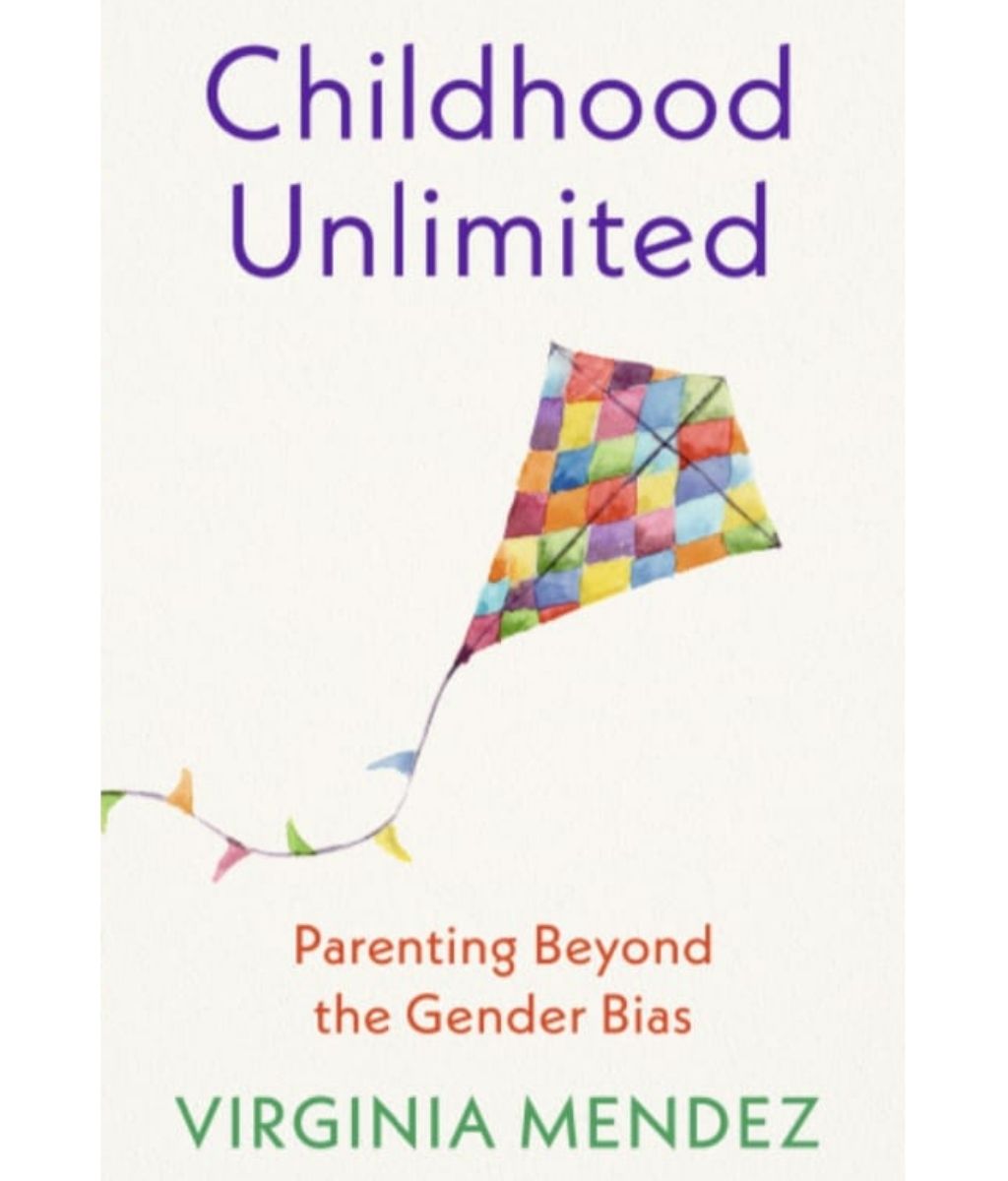This post was originally written and published for Diverse Educators. You can see it HERE, but Orla wanted to also share it here to get her message as spread as possible and we are always happy to shout about the importance of diversity in children's books!
---
I started Still I Rise Diversity Story Telling for Kids in 2019 as a passion project as I really didn’t see enough representation in kids’ books. As a single mother of a bi-racial child I had learnt the importance of this for the well-being, influence and mental health of children, but I didn’t imagine the impact this would have on so many young people around the world. Still I Rise is now a global business, lockdown forced us to do virtual story telling sessions which has massively built our community and the feedback we have received from parents, psychologists, teachers and the kids themselves has been incredible.
Having worked with hundreds of children globally we can see the impact first-hand of the importance of diverse and inclusive books, how it builds confidence, empathy skills, how it inspires and creates impact and allows for deeper connections with society as a whole.
I was blissfully unaware of the importance of a diverse and inclusive world, I have been brought up in largely white Northern Ireland into a family of privilege and shielded from the Troubles we experienced until I was in my late teens. I lived in Belgium for 10 years post university, in a culturally rich and very international society and I moved back to Belfast in 2012 where I began to bring up my son as a single parent.
Since he was a tiny boy we have always read books together, and now at 7 years old, he is such an avid reader and communicator, which makes me see the impact it had. What I notice was that there were so few characters in the books that looked like him. This baffled me and I wondered why this was. Of course, I could find the books when I looked for them, but they weren’t so readily available as they are now. Why is this representation so important though I hear you ponder …?
Well. The whole world is not white, able bodied and with a nuclear family structure. When children read books and don’t see people like them, they don’t feel included in society. This can have a massive effect on their own confidence and self-worth. However, when there are characters similar to themselves culturally or ethnically, I have seen it reinforce a more positive view on themselves. It pushes them towards goals and allows them to believe that anything is possible! How can you be what you can’t see, right?
Seeing characters, ideas and experiences in books that are unlike ours allows our children to open their minds and teaches them (and us for that matter) to value the whole human race and not just people who look like us. This equity within literature teaches empathy from a young age which helps them build secure and strong relationships with those around them while promoting tolerance and acceptance.
Being included in books and seeing other people like them facing challenges and making a difference in the world really helps kids have a deeper understanding of our world and how great things are possible. It creates impact, allows them to have role models they may never have met who influence their actions and behaviour, help them to overcome challenges and push them to their full potential.
Books with a diverse and inclusive representation allow a mirror or a window for what our next generation can do for themselves. They read about a wide range of human experience – familiar or strange, real or imagined and they can manifest a larger window of opportunity for themselves. This allows for authentic connections which allows them to feel less alone, more important and increases self-esteem.
While embracing books within education that promote diversity, equity and inclusion it is also important to encourage our kids to see colour, culture, history, identity and acknowledge the impact it has on our lives and experiences. Encouraging an actively diverse life through books, TV, films, toys, food music and embracing curiosity, welcoming questions and having the conversations can really encourage the next generation to have a clear understanding and acceptance that every human deserves to be treated fairly and with respect no matter who they are. And imagine the possibilities in a world like that.











0 comments